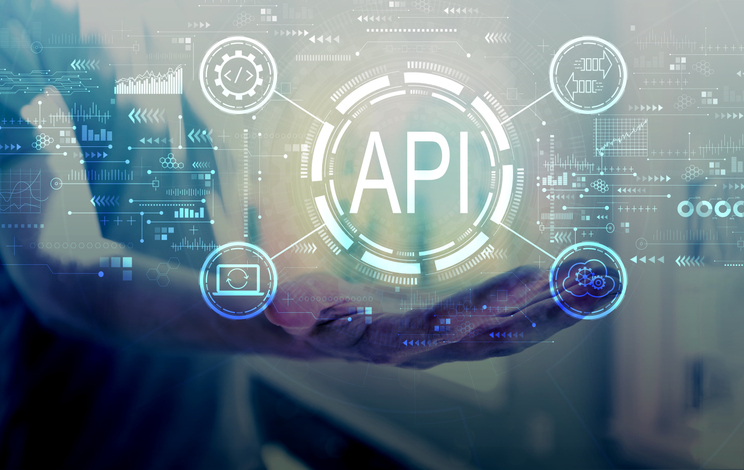I've heard this word thrown around to disarm buyers of new software and step over the integration question quite a bit lately. In some cases, it is safe to assume an API can connect the systems you need integrated. In other circumstances, it is a terrible miscalculation that can cost you down the road. Only after thorough review of an API will you know it has the "calls" you need to write an interface that will fit your business requirements.
In my world, an API can be really good at setting up deposit accounts, but terrible at populating the fields required for servicing a loan. The requirements are under regulatory scrutiny so its important to pay attention to detail here.
First, let us get a basic understanding of what an API is, according to our “peer reviewed” friends at Wikipedia:
“a set of functions, procedures, methods or classes used by computer programs to request services from the operating system, software libraries or any other service providers running on the computer. A computer programmer uses the API to make application programs.”
Second, an easy example:
Since most everyone has social media, it is highly likely you have personally used an API on a regular basis and not even realized it.
Every time you create an account on another website using your LinkedIn profile; you are using the social media site's API. That API calls the information from the personal information fields on that site and transfers them over to the new account you are trying to create.
It pre-fills in the information you need to complete the forms and makes things much easier. But depending on how you plan to use the API matters.
So, what is the problem?
Good APIs verses Bad APIs
A “good” API would deliver a lot of responses for simple questions. This will provide developers with the most flexibility to write an interface. A “bad” API would deliver extremely specific information for extremely specific calls. This is not far from the dark ages of proprietary middleware.
Depending on what you need to pre-populate or integrate with the API there could be missing information not provided by the API. You then must manually enter this information into the new account to make it complete. This can be an issue if you need to use this API repeatedly.
Another caveat, even with “good” APIs is maintaining and supporting the interfaces is a full-time job for regulatory software. If your business is running a few of these, you will need a few full-time employees to maintain and support the updates on disparate systems.
Outsourcing to business specific specialists could reduce costs and protect the integrity of your connection through audits and major releases from the disparate vendors.
In conclusion, APIs are great! They provided the world of development a pathway to collaborate between systems and enabled business partnerships to better serve customers. APIs still need to be maintained and they are not a magic talisman that will solve every possible business need for integration. These integrations should still be preformed by professionals with experience in systems integration management, that is targeted at your exact business requirements.
